Haramaya University College of Social Sciences and Humanities held a Validation workshop on peace and development project activities on June 19, 2023.

While nine research papers were presented in the workshop, the University’s higher management, Social Science College stuff, PhD students, and other invited guests attended the workshop.
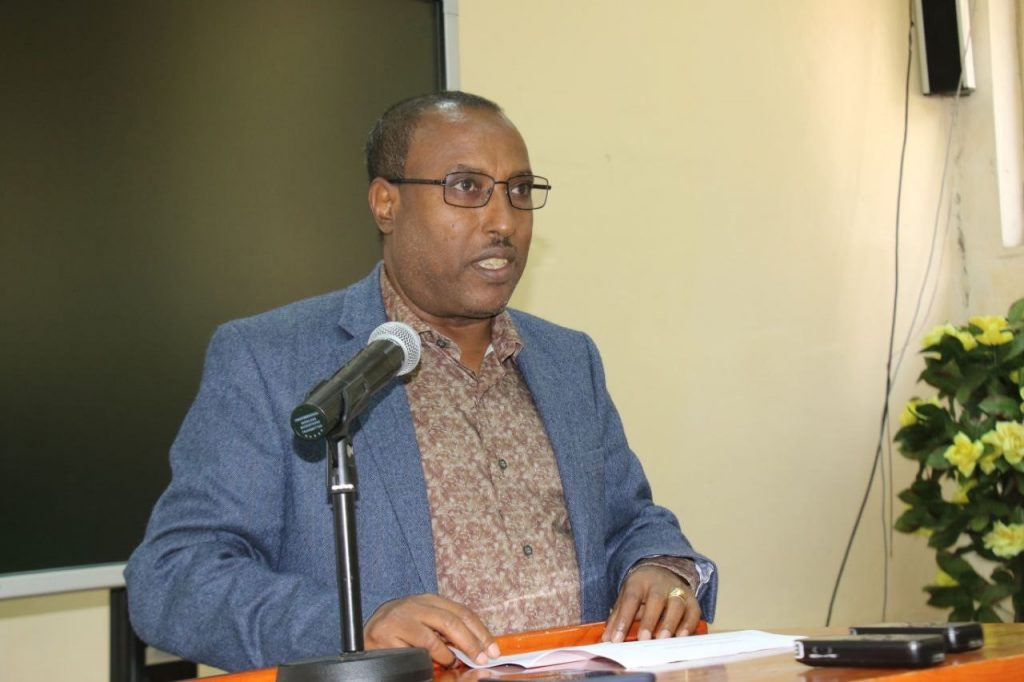
Professor Mengistu Urge, vice president for Academic affairs, said in his welcome speech that Africa has a relatively low number of skilled experts in peace and development studies as compared to many other countries. Therefore, we need experts and researchers who are skilled in this field.
To bring this true, the collaborative capacity building project is an important and well-taught project to enhance intellectuals and professionals in the highly needed area of peace and development in Africa. Realizing the need for experts and researchers who are correctly skilled in conflict resolution, peace building, and development, Addis Ababa and Haramaya Universities have made a considerable effort and developed curricula that have made a significant contribution to enhancing professionals in this field, expanded the horizon of peace research, and laid the foundation for evidence-based strategy formulation that can assist in reducing conflict in Ethiopia and the region, according to Professor Mengistu.
Professor Mengistu also added that one of the objectives of the project is to develop research capacity in collaborating Universities by providing financial and training support for PhD students and post-doc peace and security researchers. One of the serious problems we have in PhD training in Ethiopia at all of the Universities is the small amount of funding available for research. As a result, PhD students waste much of their time searching for additional funding, and the collaboration project enables students to generate quality data, thereby building their confidence to write a manuscript that can be published in more reputable journals.
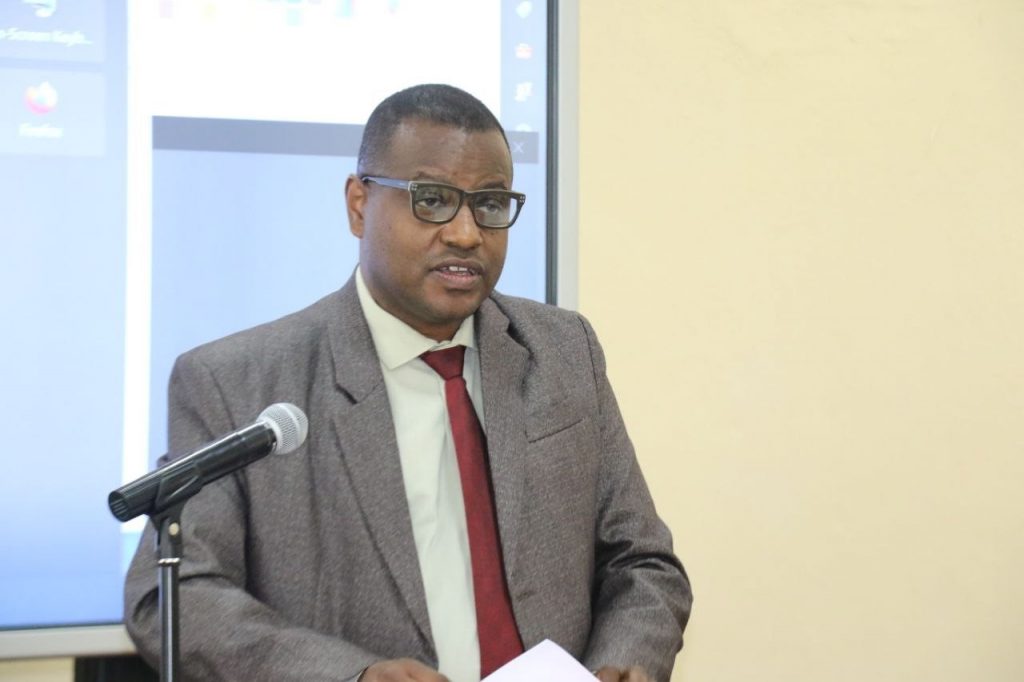
Dr. Tesfaye Lema, vice president for research affairs, explained in his workshop opening remarks that the project has been supported by the United Kingdom Research and Innovation (UKRI) fund in partnership with the African Research Universities Alliance (ARUA). Haramaya and Addis Ababa Universities from Ethiopia are implementing the project, along with Universities from Somaliland, Zimbabwe, Nigeria, and Cameroon. The partnership arrangement, which represents South-South-North, is very good as it enables the creation of synergy and facilitates experience sharing while maintaining contextual relevance. The contextualization of the research and its application is crucial since local dynamics matter a lot in better understanding and supporting the peace building process at the grassroots level.
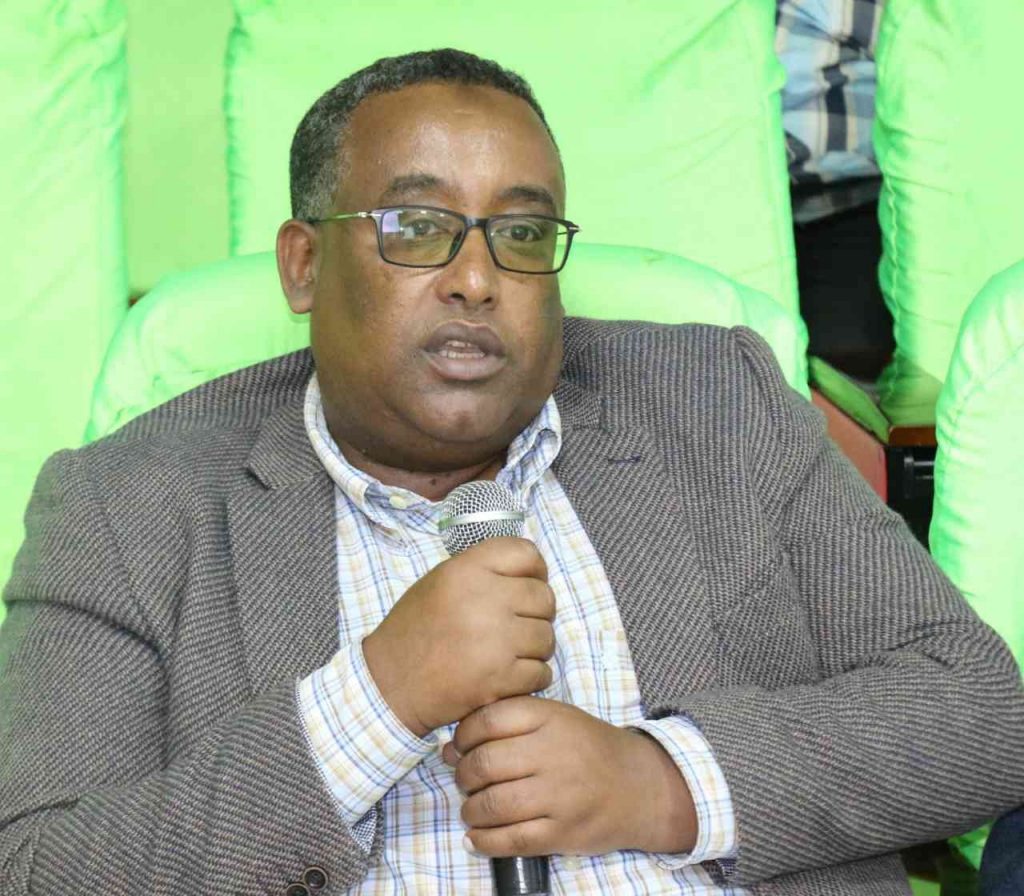
Professor Jeylan Wolyie vice president for administration and students affair at his validation workshop closing speech said that the validation workshop is expected to offer our researchers and learners of research genuine, constructive, informative and educative feedback. I hope and trust that the validation workshop has provided the target groups eye-opening and sprit-lifting inputs for their future improvements, and it has created an effective platform for divers stakeholders, including project coordinators managers and researchers, to exchange their experience, concerns, views and perspectives on what should be done to increase the quality, rigour and above all, practical relevance of their research activities, and I also hope that the validation workshop has created an immense opportunity for researchers to identify their weaknesses and strengths, said professor Jeylan.
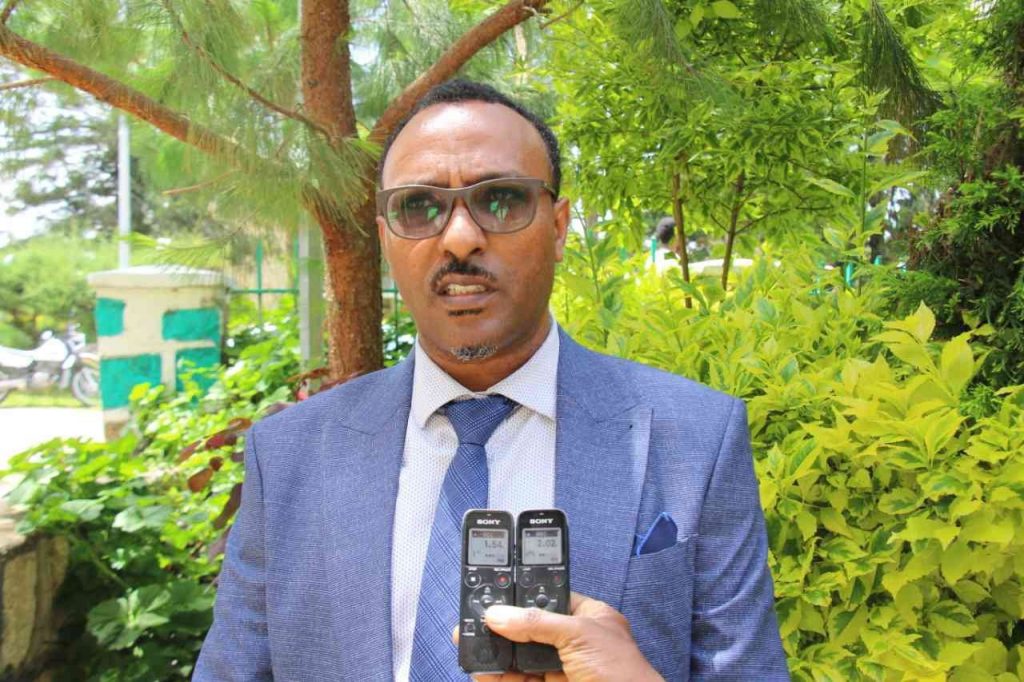
Dr. Adinew Tadese, Dean of Social Science and Humanities College, explained that the current workshop is the second workshop in this year and aims to validate the peace and development project activities, as well as nine research works done by the PhD students presented and reflections forwarded by the participants of the workshop.
The project started two years ago, and it has provided financial and training support for Peace and development PhD students, eleven students in a year get financial support for their research work focused on peace and security. Because of its importance in reducing the problem of PhD students about the small amount of financial allocation for research activities, the project has a chance to renew in a new phase, according to Dr. Adinew.
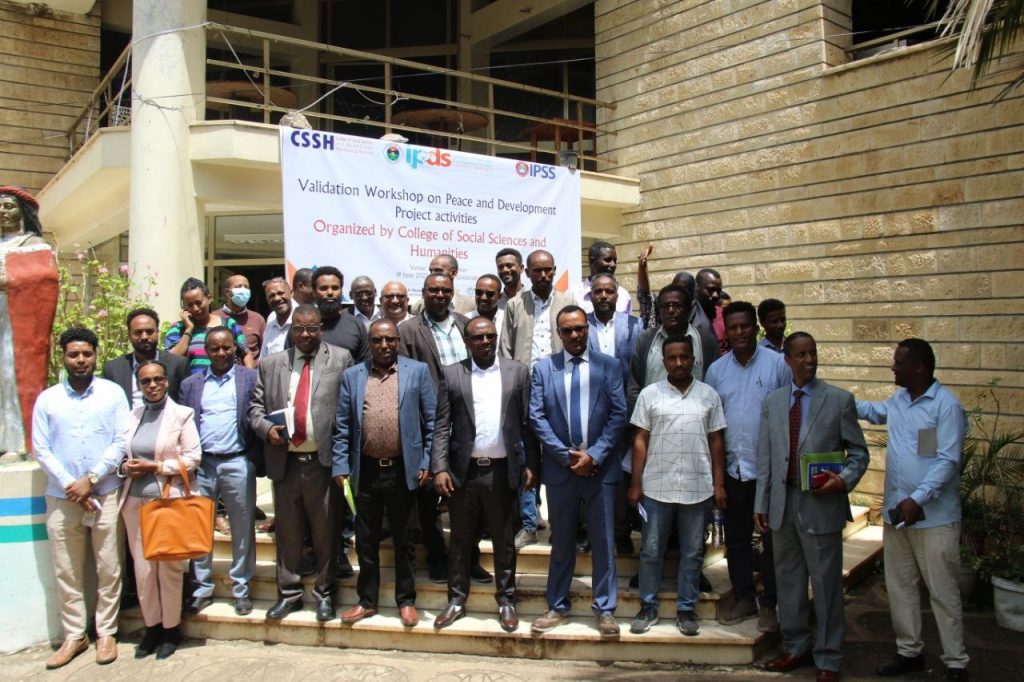
By: Aweke Ayalneh
Camera: Fuad Ahmed

